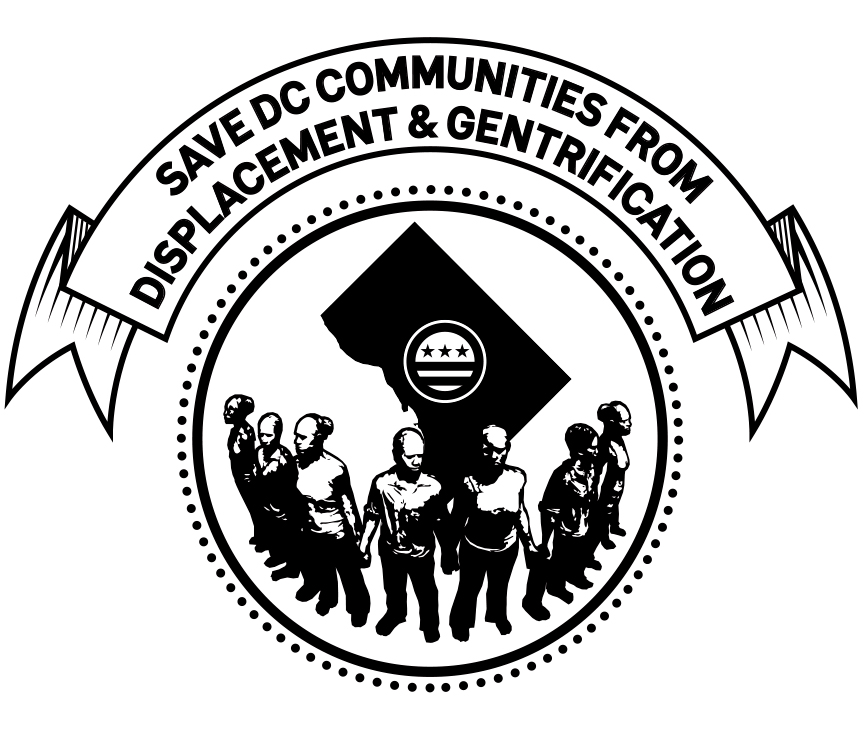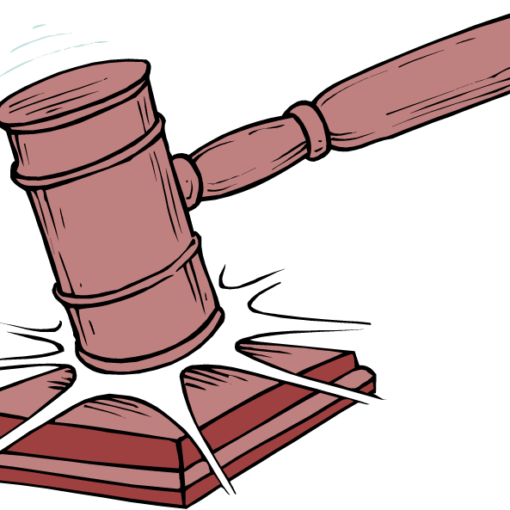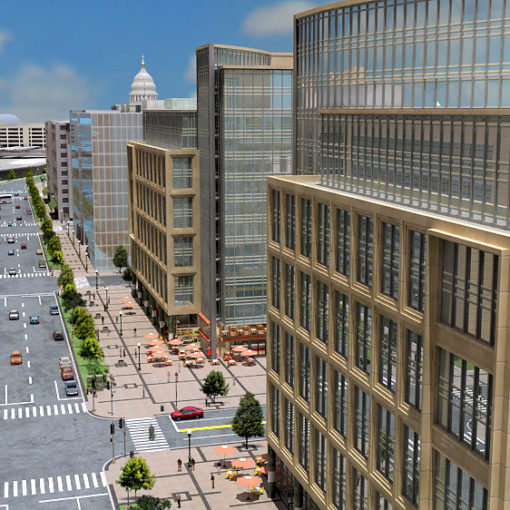STATUTES AND MUNICIPAL REGULATIONS AS IT REGARDS THE DC COMPREHENSIVE PLAN
THE LAW
Subchapter III-A. Comprehensive Plan.
DC Code § 1–306.04. Preserving and ensuring community input.
https://code.dccouncil.us/dc/council/code/sections/1-306.04.html
§ 1–306.04 (b) Community input into the implementation of the District elements of the Comprehensive Plan will be assured by the requirement of a periodic review. Not less frequently than once every 4 years, beginning March 31, 2000, the Mayor shall submit to the Council a report, accompanied by a proposed resolution, on the progress made by the government of the District of Columbia in implementing the District elements of the Comprehensive Plan. The Council shall schedule a public hearing on the progress report and, following each review period, submit to the Mayor the findings of the Council and a copy of the public testimony on the progress report.
§ 1–306.04 (c) Each progress report shall indicate the progress made in implementing Comprehensive Plan Actions during the reporting period and the key projected implementation activities by land use policy for the next 5 years.
§ 1–306.04 (d) The Mayor shall submit periodically to the Council for its consideration proposed amendments to the Comprehensive Plan. Such amendments shall be submitted not less frequently than once every 4 years, beginning March 31, 2002, and shall be accompanied by an environmental assessment of the proposed amendments. Proposed amendments may also be submitted by the Mayor to the Council at any other time that the Mayor determines to be necessary.
THE MUNICIPAL REGULATIONS
DCMR 10-A 2511
IM-3 MONITORING, EVALUATING, AND AMENDING THE COMPREHENSIVE PLAN
2511.1 This section describes how and when monitoring and evaluation of the Comprehensive Plan should occur and how regular reporting can foster more accountability and openness in the Comprehensive Planning process. It also makes recommendations on the process and schedule for updating and amending the Comprehensive Plan in the future. 2511.1
DCMR 10-A2512
IM-3.1 MONITORING AND EVALUATING COMPREHENSIVE PLAN IMPLEMENTATION
2512.1 The District of Columbia needs to be able to measure successes and challenges in Comprehensive Plan implementation. The Office of Planning shall prepare an overall implementation calendar for the Comprehensive Plan, scheduling individual items with planned startup points and planned completion. The implementation calendar shall include the administrative staffing for ensuring that the various necessary actions across the District government are undertaken. The best way to measure progress would be a biennial (once every two years) Implementation progress report by the Office of Planning through the Mayor to the Council of the District of Columbia. This is a vital part of keeping the planning process open, transparent, and responsive. It can also be a vehicle for review and refinement of implementation priorities, deletion of completed actions, and the addition of new actions or policies. 2512.1
2512.2 The Office of Planning should make the Comprehensive Plan progress report a highly publicized effort to demonstrate the important role the Comprehensive Plan plays in decisions that affect the change, growth and development of the city. This will also keep the Comprehensive Plan process a topic of public discourse. 2512.2
DCMR 10-A 2513
IM-3.2 UPDATING AND AMENDING THE COMPREHENSIVE PLAN
2513.2 The existing four-year amendment cycle also does not contemplate periodic major revisions. A major revision is a more intensive effort than the amendment process, as whole sections of the Comprehensive Plan are rewritten, based on the analysis of current data and challenges. In most cities, this process takes two or three years to complete. 2513.2
DCMR 10-A2514
IM- 3.2.1 THE AMENDMENT TIMELINE
2514.1 It is recommended that the Comprehensive Plan be amended at least every four years and that a major revision/update of the Comprehensive Plan be completed every 12 years. The review of the practices of other major cities completed as part of the Comprehensive Plan Assessment suggests that a 10 to 15 year cycle for major revisions to the Comprehensive Plan is appropriate. The major revision would reassess all Comprehensive Plan policies, including citywide and area element policies. It would not necessarily include a total re-write of each Element but would focus instead on deleting outdated or irrelevant policies and actions, and editing or adding policies and actions to reflect emerging issues. The current provision that the Mayor can also submit amendments at other times should be retained. 2514.1
DCMR 10-A2515
IM-3.2.2 AMENDMENT SUBMITTAL PROCESS
2515.1 The Comprehensive Plan amendment process provides an opportunity for individuals, groups, city agencies, or the federal government to propose a change to the Comprehensive Plan to address changes in conditions and to reflect ongoing work or new information. Proposed amendments can include changes to the text or maps of the Comprehensive Plan. 2515.1
2515.2 Demonstration that a change to the Comprehensive Plan is required lies solely with the applicant/proposer. The greater the degree of change proposed, the greater the burden of showing that the change is justified. Substantial reasons for amending the Comprehensive Plan include . . .
2515.3 The following supporting information will be required when an amendment is proposed:
c. A description of how the issue is currently addressed in the Comprehensive Plan. If it is not addressed, the public need for it must be described.
e. The anticipated impacts of the change, including the impacts on the geographic area affected and the issues presented. This should include an assessment of net benefits to the city resulting from the change.
f. Demonstration that the proposed change would be in conformance with the goals, policies and actions of the Comprehensive Plan. The applicant would be requested to include any data, research or reasoning that supports the proposed amendment.
g. Demonstration of public support for the proposed amendment (as illustrated, for example, by discussion of the proposal at a public meeting, such as an ANC meeting). 2515.3
DCMR 10-A2516
IM-3.2.3 ANALYSIS AND REVIEW PROCESS
2516.1 The analysis and review process must provide the public with opportunities to review and discuss the proposed amendments prior to submission to Council. This process is outlined below. 2516.1
DCMR 10-A2517
IM-3.2.4 APPROVAL PROCESS
2517.1 The following text outlines the steps in the Council review and adoption process for Comprehensive Plan amendments.
The DC Comprehensive Plan affects all residents, as well the physical development of every neighborhood in the city.
“The Comprehensive Plan is relevant to most people’s daily lives and interests since it directs how and where change and development will occur. As the Comprehensive Plan is successfully implemented, it will have many far-reaching effects on everyone who lives or works in the District. It will affect where development occurs; where green space, recreation facilities and parks are improved; and how neighborhoods are conserved and enhanced as desirable places to live. The Comprehensive Plan affects everyone, not just public employees, developers and property owners.” 10A DCMR § 109.1.
The Plan is supposed to help residents and officials set a predictable future for our city and our neighborhoods in that the plan: “… addresses social and economic issues that affect and are linked to the development of the city and our citizens. It allows the community to predict and understand the course of future public actions and shape private sector investment and actions too. It allows the District to ensure that its resources are used wisely and efficiently and that public investment is focused in the areas where it is needed most.” (emphasis added). (“…[T]he Framework Element describes the Comprehensive Plan Policy Map and the Future Land Use Map. The Policy Map ‘tells the story’ of how the District is expected to change during the next two decades.”). 10A DCMR § 200.5.
“It is the job of the District administration to abide by the Comprehensive Plan and coordinate with other agencies of government to ensure that future actions respect its policies. The most important tools for doing this are zoning and coordination of capital improvement programming with the policies and actions set forth in the Comprehensive Plan…” 10A DCMR § 105.2.





